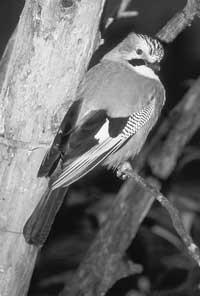We leave the wipes in the nest and... air!
Seeing that birds in the northern hemisphere lay more eggs than those in the southern hemisphere, two American scientists have studied the relationship between the number of eggs and the tendency of adult birds to return or leave the nest when there is a predator around. Scientists at the University of California, Cameron Ghalambor, and Thomas Martin, of the Missoula Geological Inspection (USA). They have explained that to choose between both options, the birds take into account, on the one hand, the number of offspring waiting in the nest and, on the other, the probability of surviving the raptor.

To carry out the research, five Argentine and five other species from Arizona, very close to them, analyzed the reaction to the shouts of some birds. These birds were the azor (which attacks adult birds), the corner (which attacks the chickens) and another non-dangerous bird. According to the results, Arizona birds are more afraid of Scots than of agitation, but in the case of Argentines the opposite happens.
It seems, therefore, that a certain balance is maintained between survival and reproduction. And in the north it is difficult to face the winter. For this reason, they place all the eggs at the same time and do things to care for them and take them forward.
In the south, on the contrary, they lay less eggs every time and, as they usually reproduce more than once, value their life more than their offspring.





